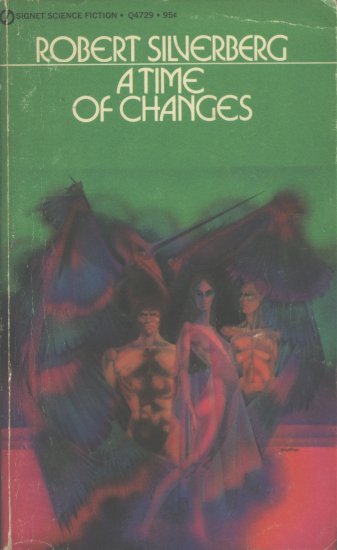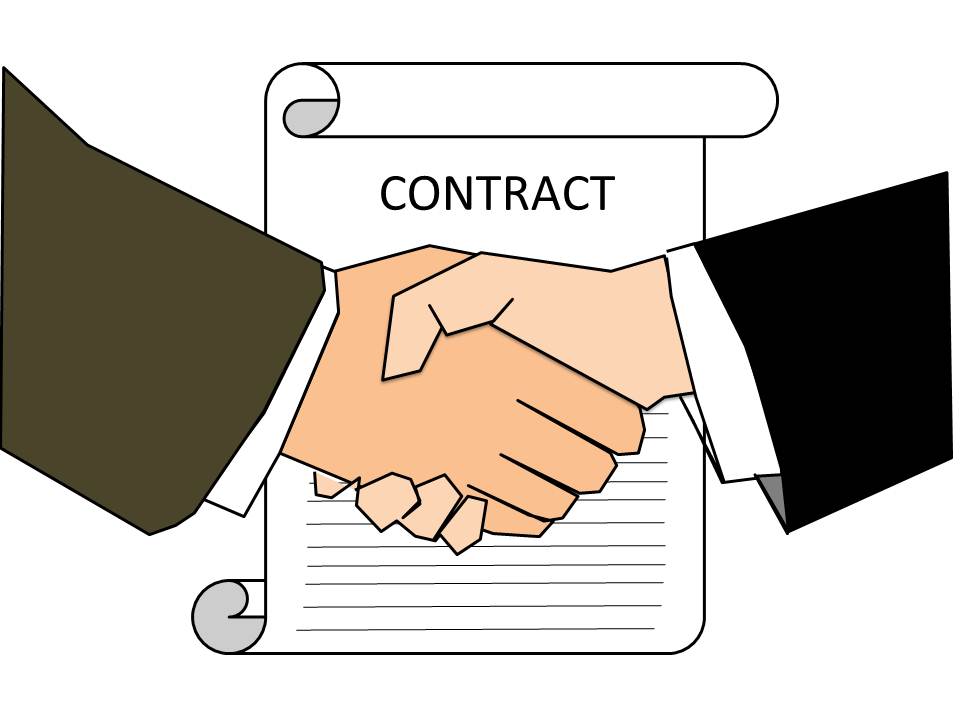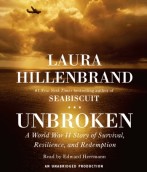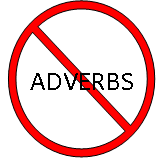Yes, I know I’ve written about aspects of dialogue before, but it’s time I tackled the subject in general.
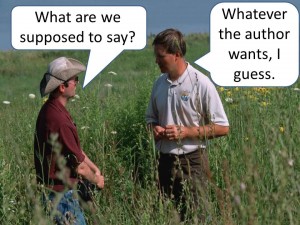 First, why do fictional works include dialogue at all?
First, why do fictional works include dialogue at all?
- The most important reason is because people talk. A lot. If you’re writing a story about more than one person, chances are they’ll have something to say to each other.
- Also, dialogue is a great way to show the reader things about your characters. More on that below.
- Without any dialogue, your story would be uninterrupted narration. Dialogue helps to break that up.
There are several points to bear in mind as you write dialogue:
- Each conversation should be significant. It should support and advance the plot.
- Use dialogue to illustrate aspects of your characters. Show your readers your character’s wants, backgrounds, attitudes, values, emotions, and thought processes. Since dialogue requires two or more people, you’ll also show their relationships with each other.
- Gender can factor into dialogue. There is a tendency for women to speak horizontally – to use conversation to establish the degree of emotional closeness and, once established, go from there. The tendency for men is to speak vertically – to discover through conversation where each stands in a hierarchy, and, once established, go from there. These are just common tendencies, not firm rules.
- If you write a character’s dialect (the way they deviate from Standard English), be careful not to overdo it. A word or two in each sentence is sufficient. Avoid dialect that readers could construe as an insulting stereotype. If you’re inventing a new dialect for a non-existent culture or world, do it with care so as not to confuse your readers.
- Speaking of not confusing readers, that’s essential for dialogue. At a minimum, readers need to know who’s speaking. Ensure you use separate paragraphs for each character. Give each character her own “voice” or “tone” identifiable through her word choice to help the reader distinguish one from another. Use “tags” like ‘Charles said,’ or, better, ‘Charles said as he holstered his blaster.’
- Dialogue should convey emotion. People are emotional and fictional people even more so. Avoid using dialogue just to convey information. Changes in emotion from mild to strong during a conversation can be quite effective.
- For more authentic dialogue, listen to real people talking. In your writing you shouldn’t write exactly the way you hear it, though. Do include the cadences and the shortcuts based on assumptions about what the other person already knows. Don’t include the “um’s” or the tangential trivia.
- Don’t overdo it by making your story mostly dialogue. That’s just talking heads. Readers want thought, and especially action, too.
Please leave a comment and let me know if this helps you write better dialogue. Also comment if you think I left out an important aspect of dialogue; I’m certain I did. In the meantime, I’ll leave you with this example of dialogue:
“Who’s that handsome and ingenious guy with the excellent blog advice?”
“He calls himself–
Poseidon’s Scribe.”





